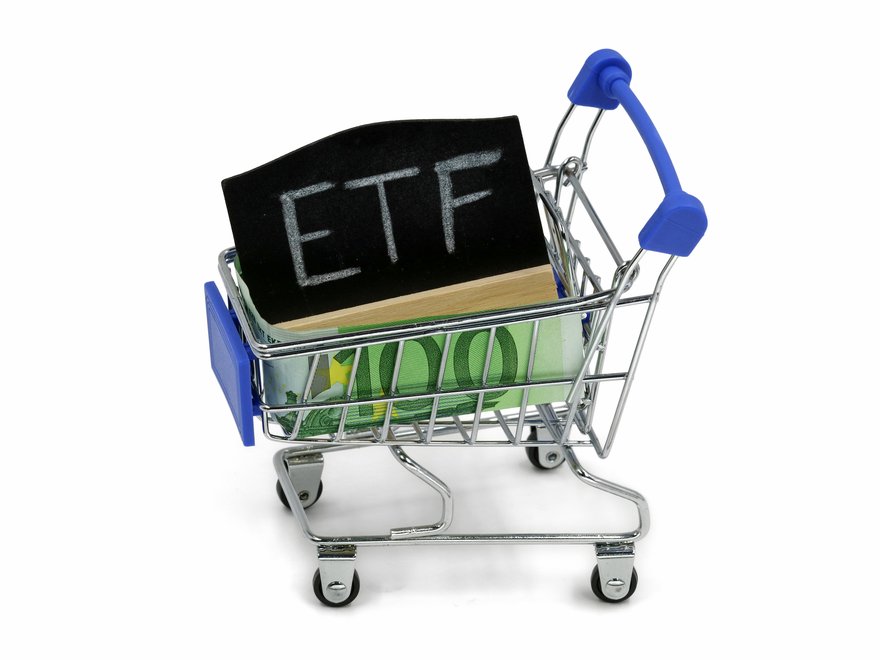Best Russell 2000 ETFs to Buy in 2023
There are a number of reasons why an investor would want to own a Russell 2000 ETF. The Russell 2000 index (INDEX:^RUT) tracks a broad range of small-cap stocks, so if you want exposure to hundreds of small-cap stocks, the easiest to do that is with a Russell 2000 ETF.
The underlying index tends to be more volatile than other stock market indexes like the S&P 500 (INDEX:^GSPC), which tracks large-cap stocks. That means a Russell 2000 ETF is more suited to risk-tolerant investors, but with stocks still trading in a bear market, now could be an opportune moment to buy a Russell 2000 ETF as the index tends to outperform in bull markets.
In the article below, we’ll discuss the key components of the best ETFs that track the benchmark Russell 2000, including their assets under management, expense ratios, investment results, what makes them unique, and other attributes.

Source: Getty Images
Top 5 Russell 2000 ETFs
| Name | Ticker | Issuer | Assets under management | Expense ratio |
|---|---|---|---|---|
| iShares Russell 2000 ETF | (NYSEMKT:IWM) | Blackrock | $55.6 billion | 0.19% |
| Vanguard Russell 2000 Index Fund | (NASDAQ:VTWO) | Vanguard | $6.63 billion | 0.1% |
| Vanguard Russell 2000 Growth Index Fund | (NASDAQ:VTWG) | Vanguard | $989.3 million | 0.15% |
| Vanguard Russell 2000 Value Index | (NASDAQ:VTWV) | Vanguard | $1.1 billion | 0.15% |
| Direxion Daily Small Cap Bull 3x Shares | (NYSEMKT:TNA) | Direxion | $1.2 billion | 1.05% |
1. iShares Russell 2000 ETF
The iShares Russell 2000 ETF is the largest Russell 2000 ETF by far, with more than $55 billion in assets under management, and it also has a reasonably low expense ratio of 0.19%.
The index seeks to track the investment results of the Russell 2000 index. No single stock makes up more than 0.32% of the total ETF. Its top five holdings are Iridium Communications (IRDM -1.69%), Emcor (NASDAQ:EME), Crocs (CROX 2.37%), Inspire Medical Systems (INSP 2.03%), and Saia (SAIA -11.84%), which have individual weights between 0.3% and 0.32%.
That group of stocks shows how the ETF offers diversification, as those companies encompass technology, consumer goods, logistics, and healthcare.
The iShares Russell 2000 ETF also offers a dividend yield of 1.3%, and is up 8.5% as of Feb. 23. The stocks it holds are also cheaper than the market average, as the fund trades at a price-to-earnings ratio of just 12.7.
2. Vanguard Russell 2000 ETF
The Vanguard Russell 2000 ETF is the best option if you’re looking for a low expense ratio, as it charges just 0.1% of assets invested to participate in the fund.
The ETF was started in 2010, and since then, its returns have mirrored that of the Russell 2000 index, up 10.43% annually since its inception.
Its top holdings are similar to the iShares Russell 2000 ETF, except its second-biggest holding is now Matador Resources (MTDR -3.14%), an energy company. Vanguard’s allocations are similar to the iShares Russell ETF, as its top holding, Iridium Communications, makes up just 0.29% of the total fund. Industrials are its biggest sector, with 17% of its holdings.
It also pays a similar dividend yield to the iShares Russell 2000 ETF at 1.22%
3. Vanguard Russell 2000 Growth ETF
Some ETFs are broken down into value and growth funds to make it easier for investors to get exposure to one or the other, and that is what Vanguard has done here.
The Vanguard Russell 2000 Growth ETF invests in stocks held by the Russell 2000 Growth (INDEX:^RUO) and is more risky and volatile than the ETFs that track the Russell 2000.
It holds 1,109 stocks with a median market cap of $3.1 billion, and you might be surprised to learn that many of its top holdings are the same as the ETFs that track the broad Russell 2000. For instance, its five biggest holdings are Iridium Communications, Matador Resources, Crocs, Saia, and Inspire Medical. Those five stocks comprise between 0.53% and 0.56% of the fund.
The biggest sector in the Vanguard Russell 2000 Growth ETF is health care, which makes up 21.8% of the total fund, and it has a price-to-earnings (P/E) ratio of 14.6.
The ETF has returned 9.13% so far this year through Feb. 23, 2023, and its dividend yield is 0.5%.
4. Vanguard Russell 2000 Value ETF
As you might guess, the Vanguard Russell 2000 Value ETF is the counterpart to the growth ETF. Because it holds small-cap stocks, Vanguard describes it similarly to Russell 2000 Growth ETF, saying the value ETF offers high potential for investment growth but has more market volatility than funds that hold bonds.
Tracking the Russell 2000 Value (INDEX:^RUJ), the ETF holds 1,383 stocks, and its largest holdings present a different makeup than the growth ETF or the Russell 2000 ETFs. Its top five holdings are Agree…
Read More: Best Russell 2000 ETFs to Buy in 2023

